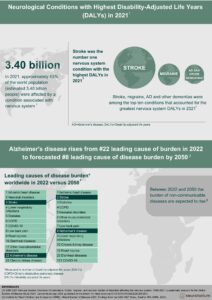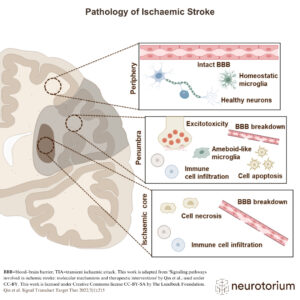Delirium, cognitive impairment, and dementia appear to be inter-connected in older adults. New techniques are shining a light on how changes in cerebral blood flow, spectral power, and connectivity can be associated with delirium, some of which may be precipitated by stroke.1





